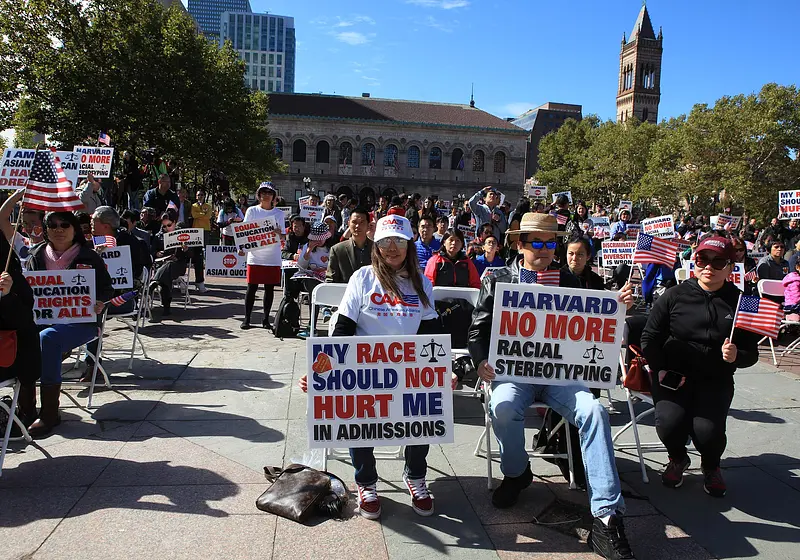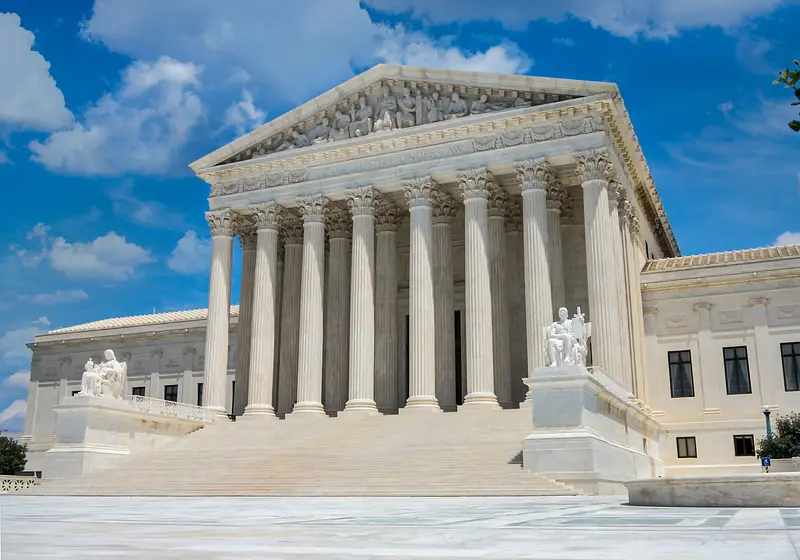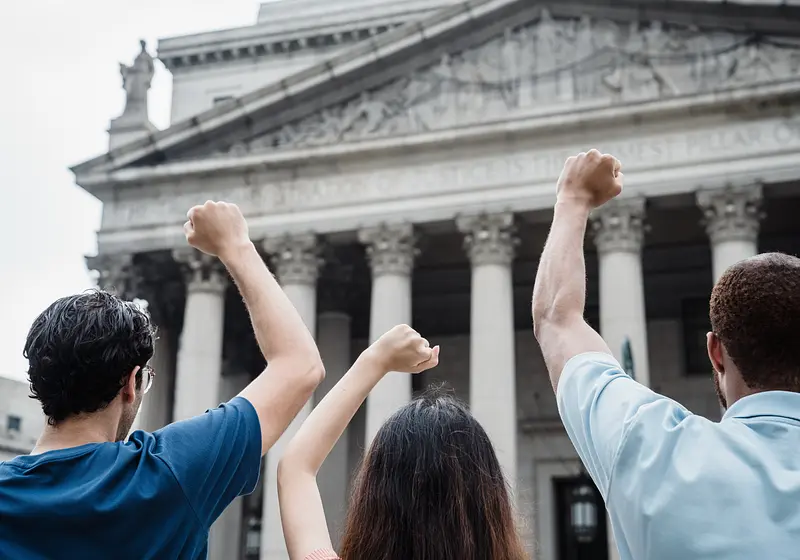In June 2023, the Supreme Court made a historic decision to strike down affirmative action. This topic greatly affects many teens, especially those looking into university applications in the upcoming months. Affirmative action was a policy initially meant to end race-based discrimination in university admissions by allowing universities to make race-conscious decisions when selecting students. But after several decades of implementation, did this policy actually do much in the way of accomplishing its goal of equalizing education?
No one can deny that the United States, and much of the West, has a long history of discrimination based on race and that the effects of this discrimination can still be found today in many aspects of daily life. It’s been a topic of discussion among government bodies, activist groups, and everyday citizens about how this can be remedied and ended for good. Affirmative action was originally conceived as the genius solution to this issue, but instead, it has led to even more racial preferences being perpetuated.
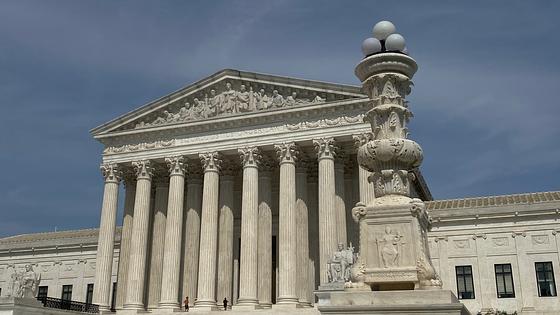
Image Credit: Photo by Brad Weaver on Unsplash
Let us slide into your dms 🥰
Get notified of top trending articles like this one every week! (we won't spam you)What Went Wrong?
Affirmative action set out with a noble goal, but why did it fail so miserably? At the root of it, the problem is that racism cannot be undone with more racism. As Martin Luther King Jr. so famously said, we should all be judged not “by the color of [our] skin, but by the content of [our] character.” At the level of university acceptance, applications should be judged solely on their merit.
If someone has higher test grades, more extracurricular activities, more athletics, and more community service, then they should be placed higher than someone who doesn’t. Suppose they have overcome a significant circumstantial educational barrier, such as poverty. In that case, that is also admirable, but one cannot argue to have overcome a disadvantage simply for being born with a certain trait, like race. What is the difference between a racial preference towards white people and one towards black people?
It’s almost another form of racism to suggest that someone struggles more and has more difficulties due to their race, almost as if they are incapable of achieving the same accomplishments as their non-minority peers. It seems rather condescending to believe that someone is incapable of achieving something with extra stepping stones. Affirmative action has also led to the unfortunate side effect of the actual achievements of minorities being downplayed.
It is becoming increasingly difficult to determine whether someone accomplished something through true merit and hard work or if they got extra help. In other words, did they deserve that accomplishment, or were they just there to fulfill a diversity requirement? For many, it’s now an instinct to view achievements from people of minority races with a certain degree of skepticism because of this.
Affirmative action was meant to aid people who were at a disadvantage, but the qualifications for being “disadvantaged” seem to depend on race rather than on a holistic basis. Many minority applicants may benefit from affirmative action due to their race despite being reasonably well-off.
In contrast, impoverished white and Asian applicants may get pushed further down the list simply because they aren’t marginalized enough. With society’s increasing emphasis on intersectionality, it would make much more sense to consider an applicant’s whole composition rather than automatically label them disadvantaged due to race and bump them up with those bonus points.
Other supporters of affirmative action claim it aids diversity, but what, exactly, is accomplished by accepting under-qualified minority applicants over qualified white applicants to increase diversity? The over-emphasis on diversity has led to a sort of neo-segregation appearing in many universities across the country with dormitories, programs, and graduation ceremonies reserved exclusively for certain races.
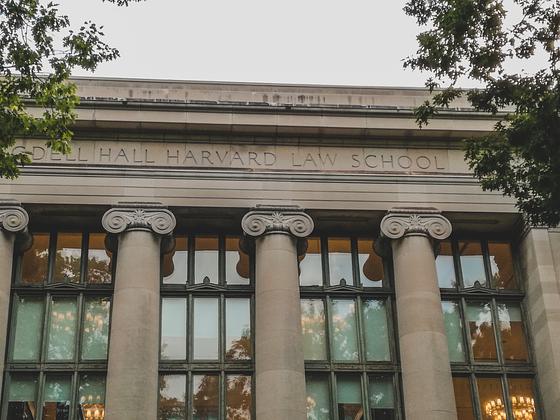
Image Credit: Photo by Czapp Árpád on Pexels
Take the Quiz: Which Indian city is the perfect holiday spot for you!?
Let's match you with an Indian city that you would love!
The Alternative
If there is an issue with certain races being disproportionately represented in university acceptance statistics, this cannot be attributed to a systemic form of racism found in all universities that needs to be remedied through a twisted form of racial preferences that tips the scales to the other extreme. Instead, it’s more likely due to other circumstances that appear earlier in life, and the systemic racism that may come along with that.
Evidence suggests that many under-funded neighborhoods, which have less access to the same opportunities readily given to more wealthy neighborhoods, often have populations made up mostly of minority races. This can be labeled a form of systemic racism, as the issues in these neighborhoods tend to be overlooked or ignored in favor of other white-majority areas.
Unequal access to opportunities can often hinder university applications, but rather than trying to fix this at the application level, it has to be resolved at the core of the problem: from the beginning. Because the fact is, affirmative action doesn’t actually get rid of the problem; it just covers it up with a badly stuck-on band-aid, as if that will make everything okay.
Instead of promoting affirmative action, governments and people in power need to be held accountable to help minority neighborhoods. Increased emphasis on raising standards of living, alleviating poverty, and improving access to opportunities such as educational or research programs, well-funded schools, scholarships and financial aid, and summer camps can equalize the playing field from the very beginning, so that youth are equipped with the valuable experience they need to submit an application that can get them into the university of their choice through merit alone.
We can all admit that the world is not at this ideal level yet, where everyone faces an equal playing field in university acceptance, but affirmative action cannot solve this issue either. Rather, it simply adds to the mess by creating another and does not truly aid anyone. By focusing time and resources elsewhere on more sustainable and productive efforts, we might actually have a chance of accomplishing what affirmative action couldn’t: truly equalizing access to education.






